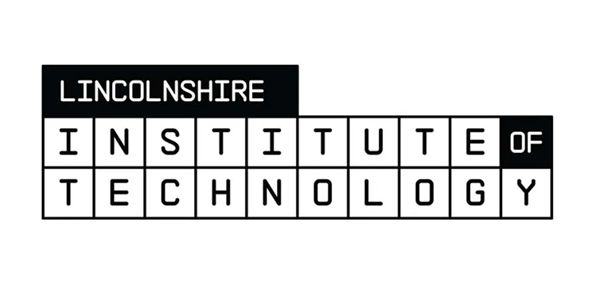A-Level results day is a critical time for student support. For those who don't get the grades they hoped for, your clear, calm, and practical guidance is invaluable in helping them navigate their options. This guide provides a checklist for advising students and their families effectively during this stressful period.
Immediate Actions: An Advisor's Checklist
Be prepared to walk students through the following practical steps.
-
Facilitate Contact with Universities: Advise the student to personally call their firm and insurance choice universities to discuss any flexibility on entry requirements. Coach them on what to say and what information to have ready (UCAS ID, grades).
-
Provide Structured Clearing Support: Direct students to the UCAS Clearing service. Have resources available to help them identify suitable course vacancies and understand the process of adding a Clearing choice.
-
Explain the Retake Process: Outline the options, timelines, and funding implications for retaking A-Levels, either at your institution or elsewhere.
-
Signpost to Alternative Qualifications: Be ready with information on alternative pathways, including Foundation Years, Higher National Diplomas (HNDs), and high-quality apprenticeships, to broaden their understanding of the options available.
-
Manage the Appeals Process (Post-Results Services): Review any unexpectedly low grades against predictions and prior attainment. Advise the student and their parents on the viability, costs, and process of requesting an administrative error check or a formal review of marking from the exam board.
What to Do Next: Framing the Narrative
Your role is crucial in helping students see the bigger picture. Remind them that their A-Level results are not the sole determinant of their future success.
It is vital to manage expectations regarding appeals—a higher grade is not guaranteed. The most constructive approach is to help the student reflect on their performance. Guide them in a conversation to unpick potential factors:
-
Exam stress and anxiety management.
-
Understanding of exam questions and command words.
-
Revision and exam preparation strategies.
This reflective process will empower them to make informed choices and develop the resilience needed for their next stage in education, whatever that may be.
















